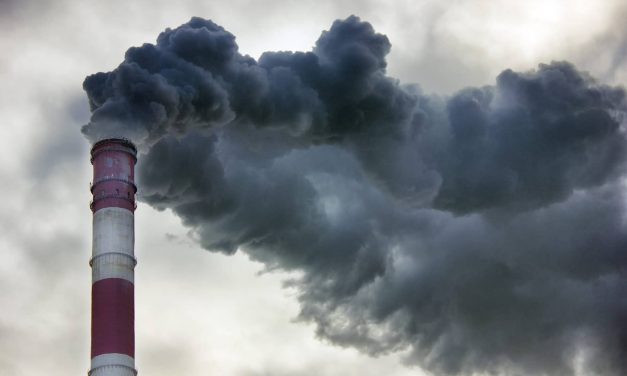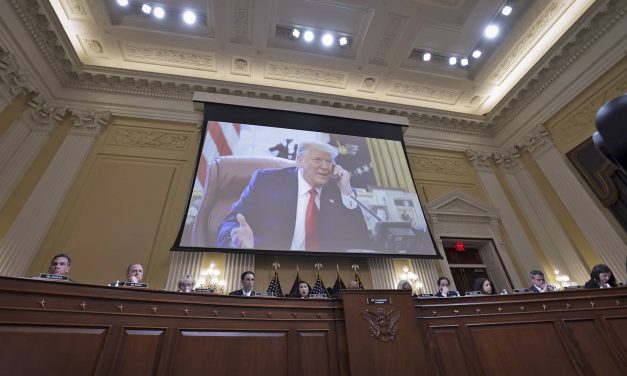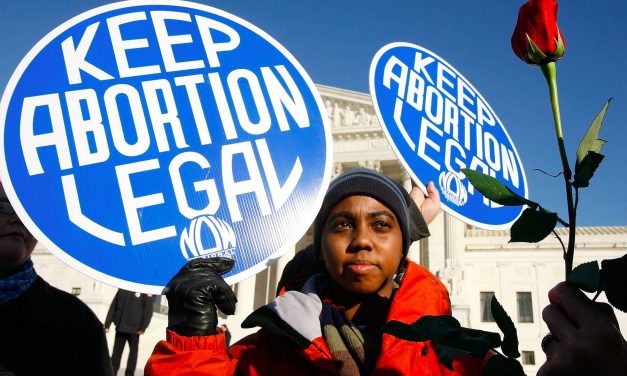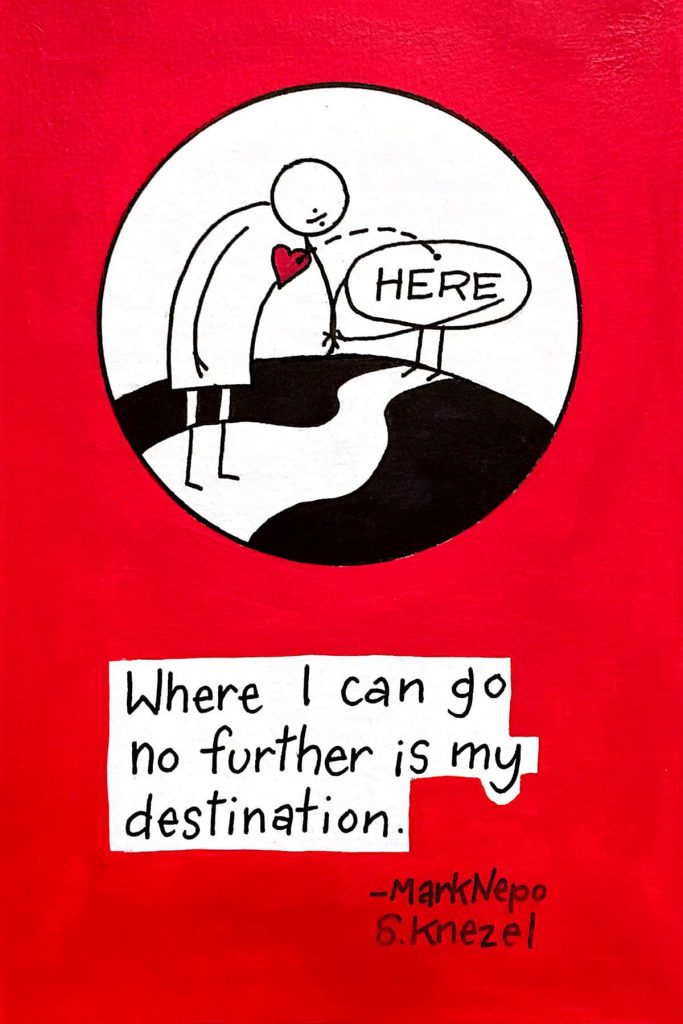Ukraine’s Foreign Legion: Russia further ignores international law by denying prisoner-of-war status
By Joshua Holzer, Assistant Professor of Political Science, Westminster College After Russia launched its large-scale invasion of Ukraine in February 2022, many countries quickly responded by imposing sanctions on Russia and by sending weapons to help Ukraine defend itself. But so far, the U.S. and its NATO allies have said they will not send troops. Nonetheless, many non-Ukrainians want to fight for Ukraine for a variety of reasons, whether ideological, personal or political. To take advantage of that support, Ukrainian President Volodymyr Zelenskyy has set up the International Legion of Defense of Ukraine for those who wish to volunteer...
Read More
















